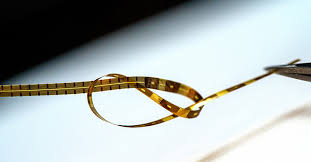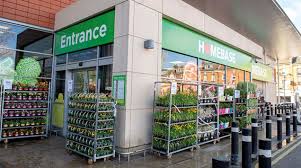Robbie Williams review – slick and saucy end-of-the-pier pop

 View image in fullscreen
View image in fullscreen
Robbie Williams review – slick and saucy end-of-the-pier pop
Hyde Park, LondonThe set is a musical memoir, from Take That, through rebellion (including a version of Blur’s Parklife with Danny Dyer), struggles with addiction and later contentment
In his recent self-titled Netflix documentary, Robbie Williams looks back at his storied life and career with the candour and acceptance of a man who has spent a lot of time in expensive therapy. Tonight’s set in Hyde Park – a one-off UK festival date for the British Summer Time series – is similarly framed as the story of a star who flew too close to the sun, coming down to earth and finding peace there. Dressed in all white, Robbie introduces his 1999 single Strong with a characteristic half joke: “I will only know if I can be vulnerable with you if you can sing along a cappella to one of my lesser-known hits.”
Spanning his 34 year-long career, the set is a kind of musical memoir. Robbie guides us through his early days with Take That via live commentary on the famously lewd Do What U Like video (“that’s Jason Orange, the one with his nipples out”). To represent the 1995 trip to Glastonbury when he shed his boyband trappings for good, he performs a series of Britpop covers, among them a bizarre but joyous take on Parklife by Blur, complete with a marching band and Danny Dyer doing the Phil Daniels part. Come Undone expresses his struggles with alcohol, drugs and depression, which is cut through by the simple subsequent contentment of Love My Life.
Despite its earnest framing, the whole show hinges on the tension between slick pop performance and the more earthy appeal of variety shows and end-of-pier entertainers. Robbie is bawdy but never crude or cringe. When he puts on a sequin version of the iconic red Adidas tracksuit top he wore on his rebel trip to Glastonbury, it’s clear he’s performing drag of himself – enacting his iconic gestures, songs and costumes with the crucial wink that makes his appeal so enduring.
The show only falters when its earnestness is delivered without a chaser of humour, particularly during Advertising Space and She’s the One. Despite all the (often genuinely affecting) allusions to his survival despite everything, the most moving parts of the set come when no words are needed to explain them: a devastating performance of Feel with no backing dancers or projections; the sing-along forgiveness of Back for Good. “You’d better be good, because I’m phenomenal,” Robbie says at the very start of the set – and miraculously, effortlessly, he is.
- Robbie Williams
- Pop and rock
- London
- reviews


 United Kingdom
United Kingdom Argentina
Argentina  Australia
Australia  Austria
Austria  Brazil
Brazil  Canada
Canada  Germany
Germany  Ireland
Ireland  Italy
Italy  Malaysia
Malaysia  Mexico
Mexico  New Zealand
New Zealand  Poland
Poland  South Africa
South Africa  United States
United States 
























